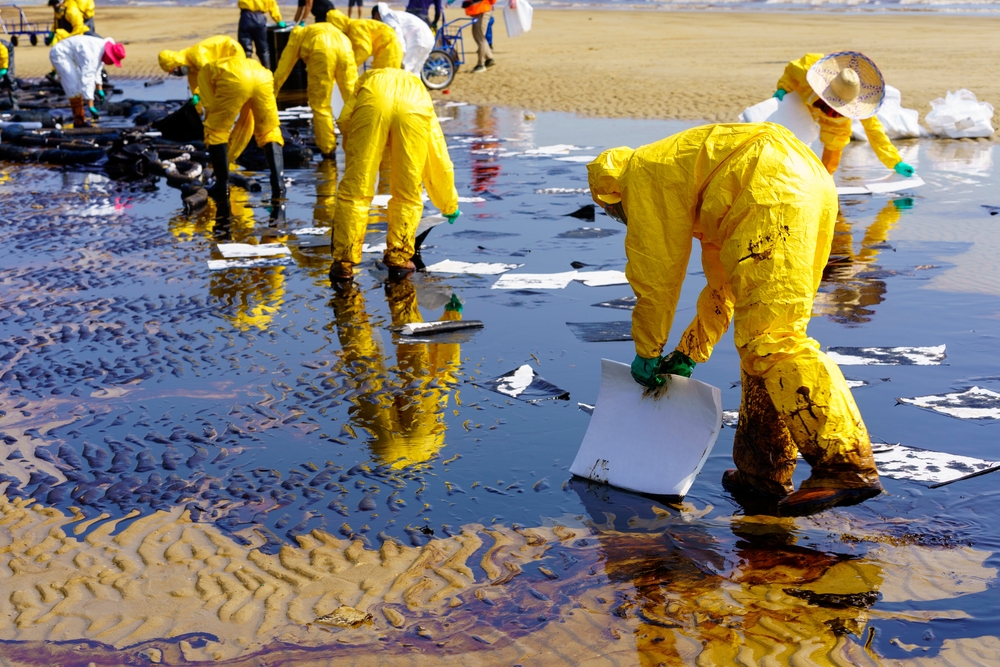Warmer temperatures could release oil trapped on the seabed.
Others are reading now
Oil spills are among the most devastating environmental disasters, leaving long-lasting scars on ecosystems.
From the 1989 Exxon Valdez spill in Alaska to the 2010 Deepwater Horizon explosion in the Gulf of Mexico, these events have highlighted the risks of transporting oil.
The toxic substances released during a spill can suffocate marine life, destroy coastal habitats, and pose serious health risks to humans.
While some regions have improved prevention measures, outdated infrastructure and negligence still contribute to disasters.
Also read
A recent oil spill in the Black Sea underscores these dangers, according to WP.
On December 15, 2024, two aging tankers, Volgoneft 212 and Volgoneft 239, leaked thousands of tons of fuel oil into the Kerch Strait, creating an environmental catastrophe.
Old Ships, New Problems
Approximately 40% of the tankers’ 9,200-ton cargo spilled into the water, polluting a 50-kilometer stretch of coastline in Russia’s Krasnodar region.
By December 18, rescue teams had collected 3,300 tons of contaminated soil, according to Russia’s Ministry of Emergency Situations.
However, the scale of the damage remains vast, and local efforts are struggling to keep up.
Authorities in Anapa, one of the hardest-hit cities, claim air quality is within safe limits. Residents, however, report strong odors causing nausea and eye irritation.
Volunteers fear the situation will worsen as warmer temperatures could release oil trapped on the seabed.
The spill’s impact on wildlife is already apparent. Dozens of dead seabirds and two dolphins have been found along the coast.
Dmitry Shevchenko, an environmental expert, warned that mute swans wintering in the area are also in danger.
Satellite imagery shows an oil slick hovering 3-5 kilometers offshore, with strong winds pushing it closer to land.
The tankers involved in the disaster were decades old, built in the 1960s and 1970s, and transporting oil for the Russian Navy.
Reports indicate that both ships had deactivated their tracking systems days before the accident, raising questions about compliance with safety protocols.
Environmental advocates argue for stricter oversight and the retirement of aging vessels.
As incidents like this increase — up 62% in Russia between 2022 and 2023 — preventive measures are more urgent than ever.

